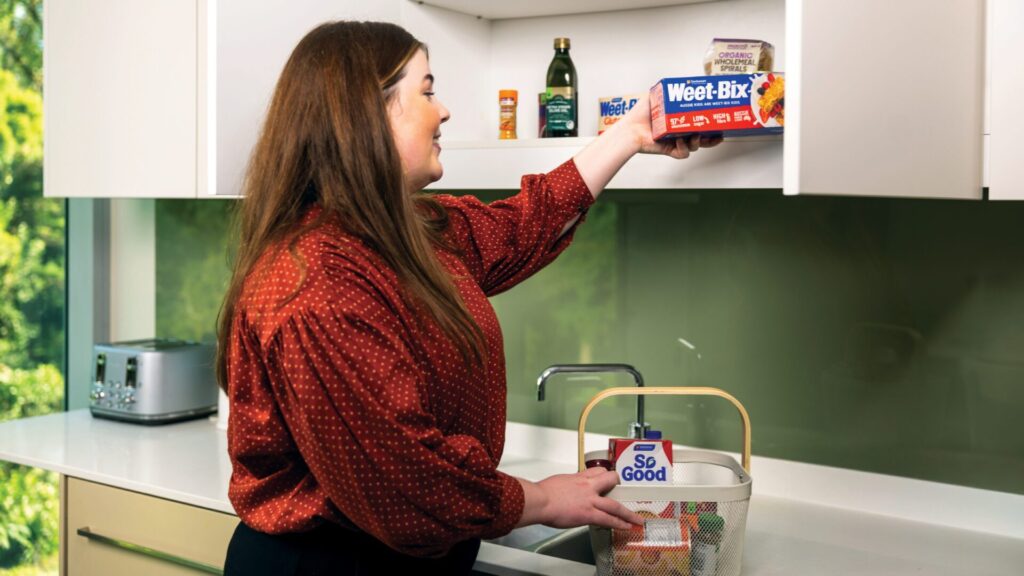Many of us can remember having a strict bedtime checklist when we were little. Brush your teeth, read a bedtime story and lights off at 8pm.
As we compete more and more with distracting screens and busy schedules, the idea of having such a tight routine can feel like an impossible feat most nights!
Research has proven the positive impact that a simple, consistent routine before sleep has on children’s health and wellbeing—both short and long-term. Looking at phones or eating sugary snacks before going to bed can make it harder to fall and stay asleep throughout the night.
A bad night’s sleep can show itself during the day as behavioural problems like restlessness and moodiness. It can also falsely increase your kids’ appetite and affect their ability to concentrate and pay attention at school.
Many people may not know that the optimal amount of sleep is about 10 to 13 hours for 3-5 year olds, nine to 11 hours for 6-13 year olds, and eight to 10 hours for teens.
Research from YouGovGalaxy found that more than two-thirds of parents (68%) say their child’s school performance is affected when they don’t have enough sleep.
In fact, the team from the University of Notre Dame, Australia, found that almost half (43%) of all children regularly use screen-based devices at bedtime, with one in four (26%) reporting sleep problems as a result.
The good news is that working out a healthy sleep schedule doesn’t have to interfere with your complex lives. Getting that routine nailed down will help your little ones (and you!) live their big lives with as much energy as possible.
Learn more about children’s health and wellbeing by viewing the Little People Big Lives Report at sanitarium.com.au/biglives.
Healthy bedtime routines
Make bedtime fun. Try adding fun yet relaxing activities before bedtime, like reading a bedtime story or writing together in a journal. For older kids, writing in a diary before bed can help shake any anxiety that’s keeping them up.
Create restful bedrooms. Help your child connect their room with “restfulness” by making them electronic-free zones. Remove devices like phones, TVs and tablets and as much clutter as possible on and around the bed. It also helps to keep the room dark and at a comfortable temperature—18°C to 22°C is best for kids at night.
Switch off stimulants. Power down as a family 30 minutes before bedtime and do something mellow like a jigsaw puzzle or crossword. For older kids, exercise or sports in the afternoon can help shake off any excess energy.







